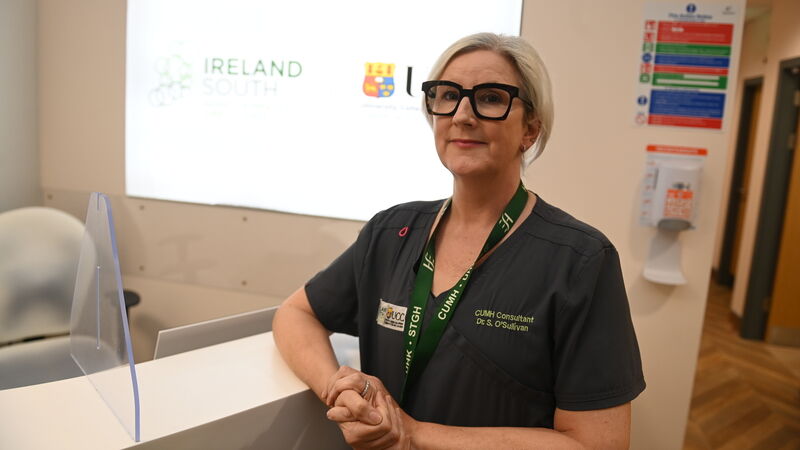'Hundreds of women' left waiting for incontinence treatment amid pause on mesh implants

Consultant obstetrician urogynaecologist at CUMH Suzanne O' Sullivan Picture: Larry Cummins
"I want to run with my kids. I want to coach them in GAA and go down a waterslide with them on holidays. But that is all impossible now. Nobody wants to talk about incontinence, it’s embarrassing."
That is according to one Cork mother of three who is dealing with incontinence. Physiotherapy, expensive pessaries, nothing has worked, leaving the 46-year-old former camogie player wearing continence pads daily.













